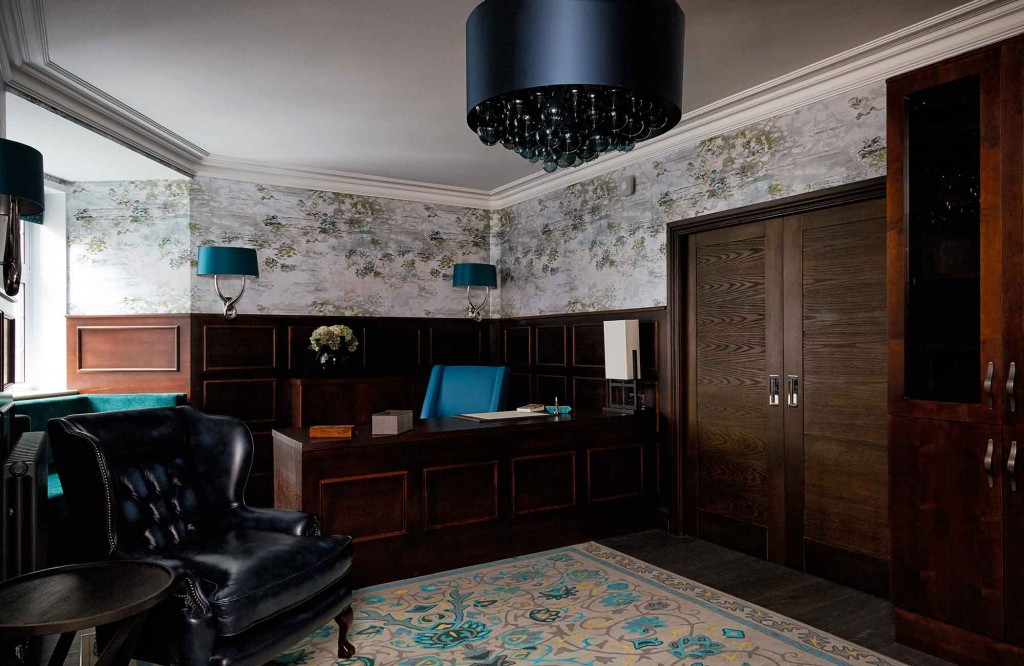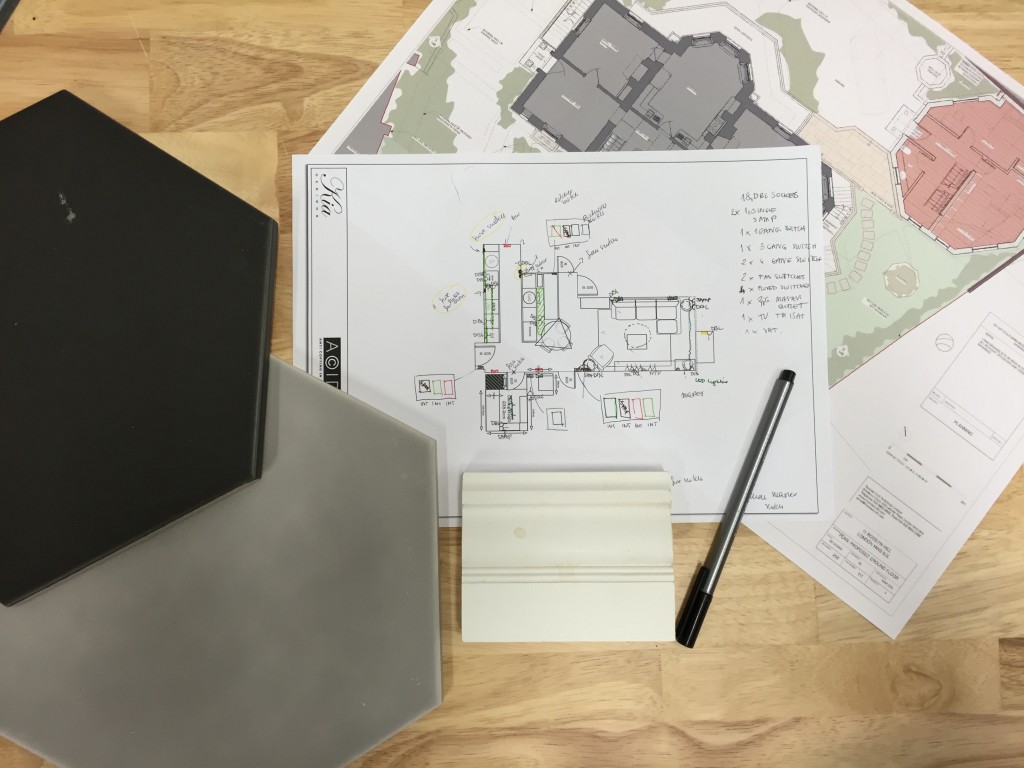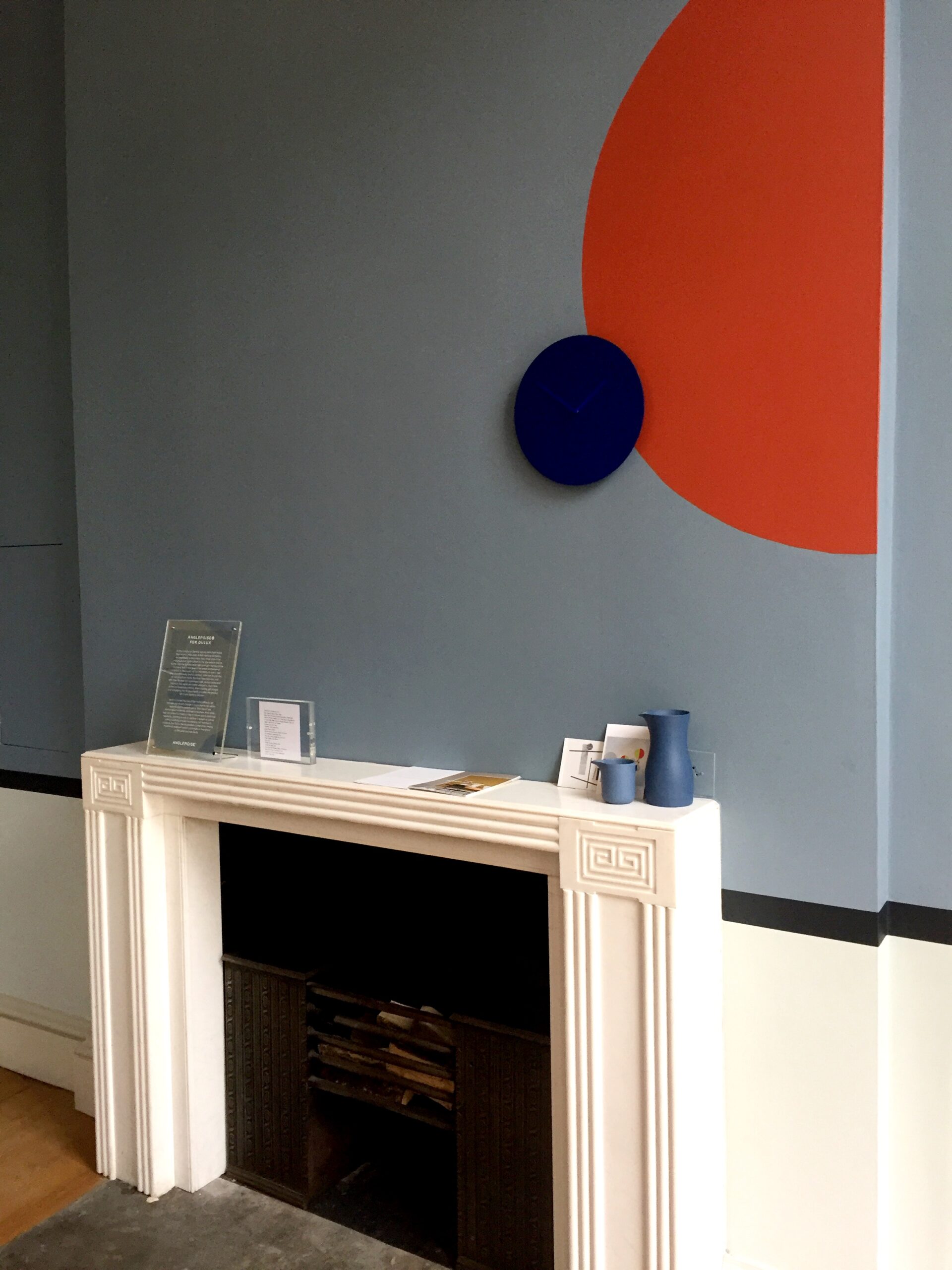
Why it helps to know all aspects of the business
The problem with being an interior design intern in London today is you don’t really get a good overview of the whole business. You end up sitting behind a desk for a few weeks repeating a few simple processes and not really learning what goes on.

It’s always useful to understand how a design practice works, even if you don’t intend to start your own business. Nearly every decision made in a business will have an impact, consequence or run-on effect. It’s a bit like “the butterfly effect” one simple decision can have reverberations that aren’t felt until later. For example, you see a lovely demi-lune sofa. It’s more than the client wants to spend, and they um and ahh over it for a month. In the end they agree and transfer you over the whole buying balance. Because they stalled for over a month, you are now right by a VAT due day, and have to declare the entire amount and send off a whopping cheque to HMRC. You’ll get it back, but it will take several months, so for the time being you’ll have to cover the shortfall and pay for the items yourself (you’ve got a spare £60,000 in your account, right?).

The company offers a trade discount, which you factor in to the costings, only to find that you don’t meet the terms and conditions and aren’t eligible. Then there’s the fabric. Because the sofa is an unusual and large shape and size, you can’t go for the fabric you’d originally chosen for the living room because they don’t do it in large enough rolls, so you have to chose another or have a seam going through the middle. You go for another fabric, which is produced in extra wide widths, but your usual flame-proofing company can only deal with fabric up to 2m wide, so it has to be sent to a specialist place in Germany which adds 2 weeks to the lead time. The sofa, it turns out, doesn’t fit in the service lift or up the staircase in the client’s house. Taking a window out isn’t an option, so the manufactures are going to have to make it in halves and construct most of it on site, this is super costly and blows the budget considerably.

Knowing every part of the business means you can factor all these things in when making the purchase, if not, they are horrible surprises that usually end up costing the client more, and can be timely to rectify or work around.


